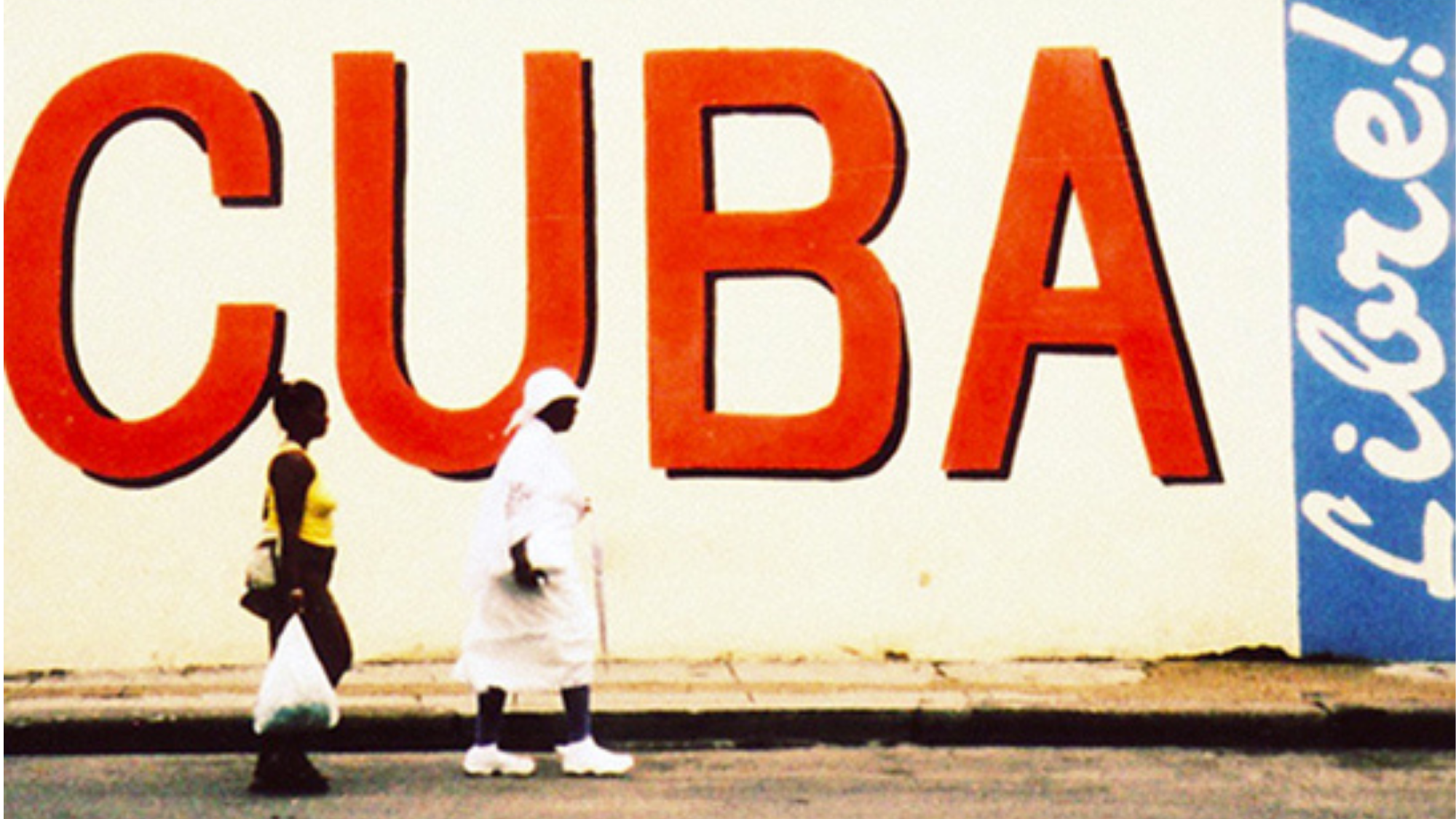Hare Quoted Discussing Freedom of Expression in Cuba

Ambassador Paul Hare, Senior Lecturer in International Relations at the Frederick S. Pardee School of Global Studies at Boston University, was quoted in a Financial Times article on a freedom of expression in Cuba.
According to the article, titled “Cuban authorities backtrack on talks with protesters,” the Cuban government accused the group known as “The Revolution of Applause” of being aligned with the United States and receiving support from the them and U.S. backed media companies. As a result, a planned discussion between leaders of the communist government and protested has been called off due to the accusations.
Hare said that there has been a history of artists, intellectuals, and creatives in Cuba being repressed by the government. However, he pointed out that the use of social media has allowed protesters to reach wider audiences and gain more support. In response, the Cuban government “so far has fallen back on the old scapegoat of US imperialism.”
The full article can be read on the Financial Times’ website.
Ambassador Paul Hare was a British diplomat for 30 years and the British ambassador to Cuba from 2001-04. He now teaches classes at Boston University on Diplomatic Practice, Arms Control, Intercultural Communication, and on Cuba in Transition. His novel, “Moncada — A Cuban Story,” set in modern Cuba, was published in 2010. His book, “Making Diplomacy Work; Intelligent Innovation for the Modern World” was published in 2015. Learn more about him here.